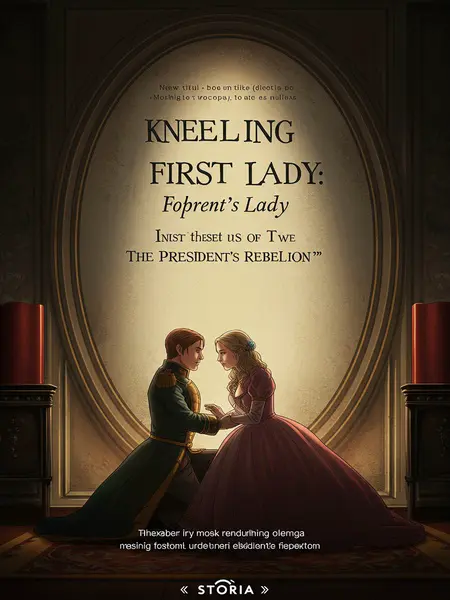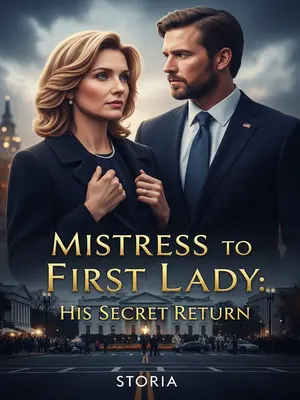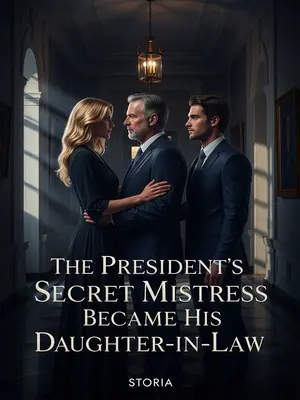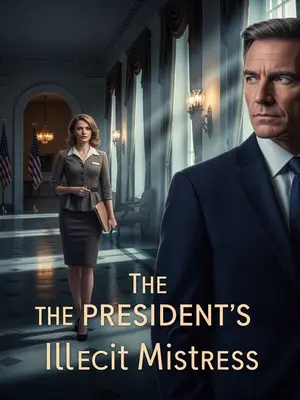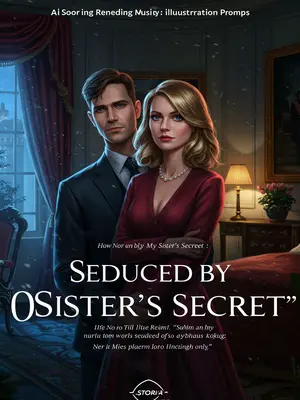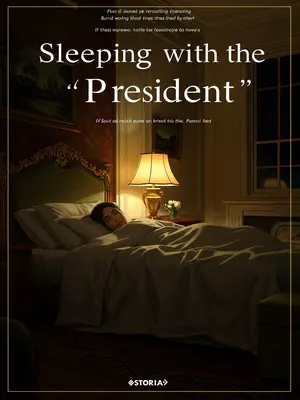Chapter 1: The Lakeside Estate
Mrs. Delaney, the nation’s acting First Lady, stood in the golden hush of her lakeside estate outside Chicago, carefully lighting a row of slim white candles atop the dining table. The faint scent of wax mingled with the lake air as she paused to smooth the embroidered tablecloth with steady hands, her reflection flickering in the glass. Each motion was deliberate—her composure a mask, the tension in her shoulders betraying nerves beneath the surface. Beyond her tall windows, Lake Michigan glittered beneath a bruised, stormy sky, the wind rattling birch leaves along the shore. Inside, sunlight fell in squares across polished oak, dust motes swirling above marble counters stacked with silverware. Mrs. Delaney fussed over place cards and dessert options, her movements calm and precise, as if the fate of a battered republic were no more pressing than the color of the napkin rings. The old jazz record player crooned from the corner, nearly muffling the low, distant rumble that made the estate staff pause in the hallway or glance anxiously at the radio—artillery, far off but growing closer, an unfamiliar threat intruding on the rituals of American hospitality.
James Marshall, now caught in the final years of the American Republic, clenched his jaw in secret, longing to overturn the government and revive the old Union. He stared out at the city’s skyline—a jagged row of hope and broken promises—feeling the weight of vanished ideals. For neighbors, he was just another guy in a faded Cubs cap, but every news report about the nation’s unraveling pressed on his heart like a bruise. In the quiet moments, he’d remember the sound of his father’s voice booming at a Fourth of July parade, the way the flag billowed over Main Street, and what the Union had once meant to him. That ache drove his rebellion, burning just beneath the surface.
No one could have predicted President Grant’s sudden White House Coup, or that he’d soon tear down the National Guard system. The country’s talking heads buzzed on cable news for weeks: a president who rewrote the rules, who tossed out the old playbook, who didn’t seem to care about the ghosts of Washington or Lincoln. In diners and truck stops from Idaho to Georgia, folks argued over burnt diner coffee and slices of pie—wondering what the hell had happened to their country, and whether anyone could ever set things right again.
He claimed descent from the Adams line, changed his surname to Adams, cut his hair short, drilled new troops, embraced European learning, and renamed the nation Columbia. It was the sort of American rebranding that came with press conferences and red-white-and-blue bunting, but no one bought it—not the old guard, not the kids with protest signs, and certainly not James Marshall. Yet the newspapers, eager for a new myth, played along: President Adams, they called him, with his clipped gray hair, bookish accent, and promises of a shining new era. Meanwhile, soldiers practiced goose-stepping drills on the White House lawn, faces tight with uncertainty and fatigue.
James Marshall:
To upend the government and restore the Union—wasn’t that supposed to be my job?
Fine, if you want to play it this way, then if I can’t bring back the Union, no one gets to be president.
He scribbled this into a battered leather notebook, his pen biting deep into the page. As he wrote, a memory flashed: his father’s hand on his shoulder, the roar of fireworks, the crowd singing the anthem. His fingers trembled with the force of his promise, breath ragged in the predawn dark. If nothing else, he owed this much to the ghosts of his own childhood.
